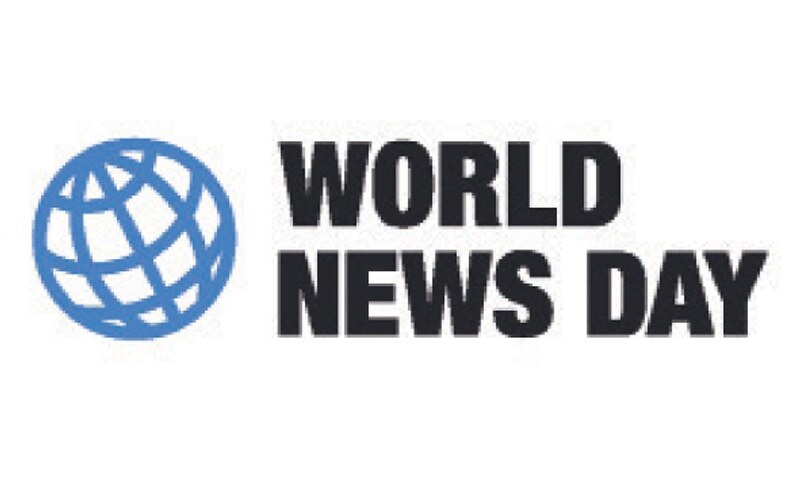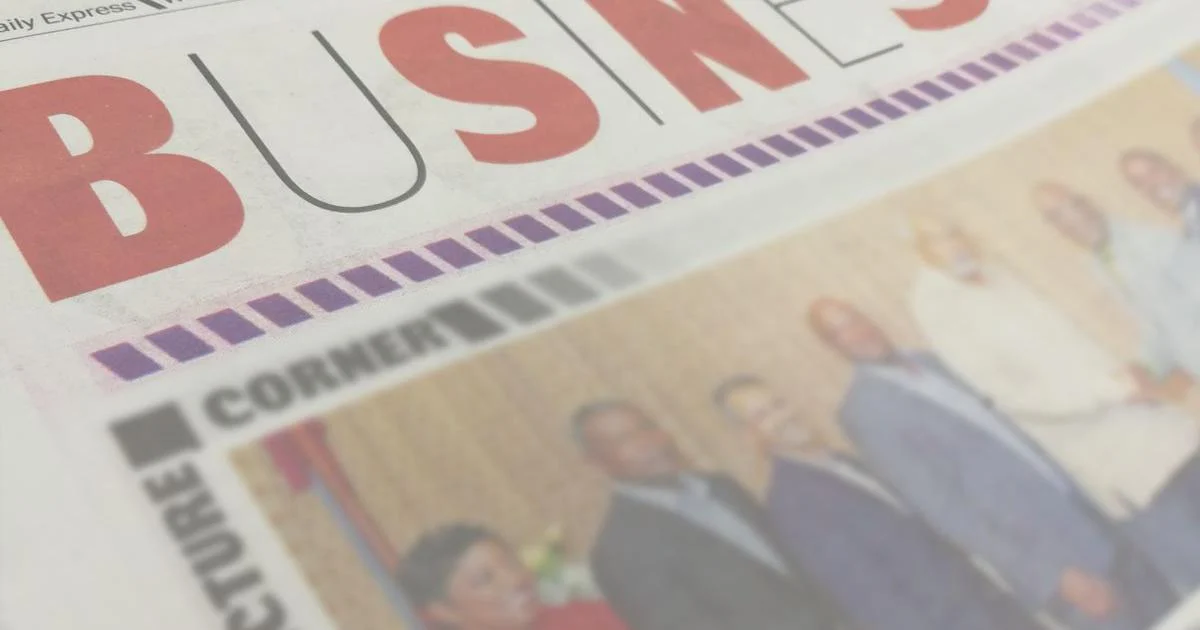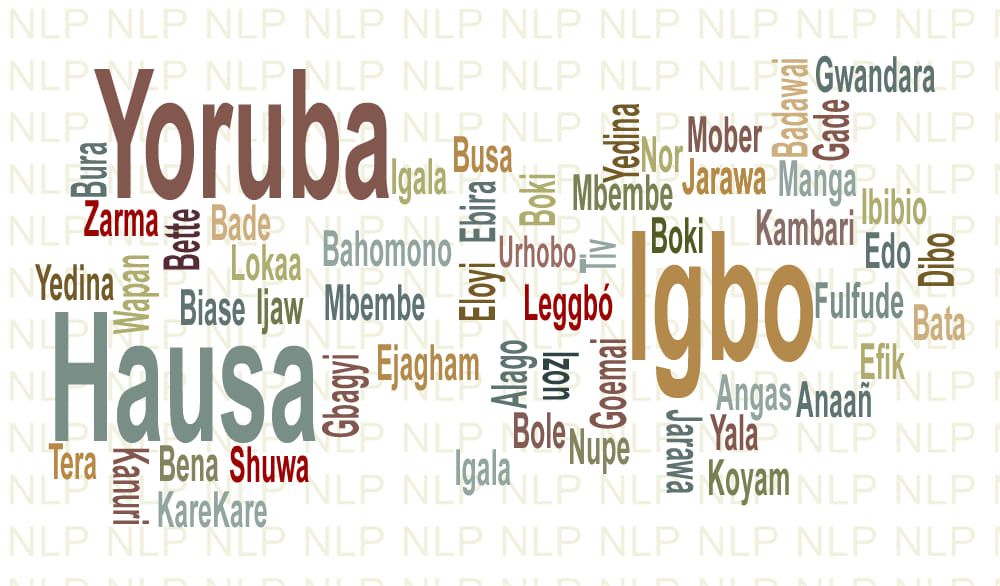
Eleven of the world’s leading economists, including two Nobel laureates, urge govts to recognise and uphold the economic value of public interest media in the age of AI
Expert Opinion by High-Level Panel on Public Interest Media
Governments around the world are chasing the AI dream, pinning their hopes on these technologies to drive economic prosperity. And yet, they are not investing in the foundational resource that underpins all our 21st century economies — independent, verifiable information.
Well-functioning economies rely on widely accessible, verified, and trustworthy information. Public interest journalism provides a vital supply of such information: it exposes corruption, fraud, and market manipulation, brings stability to financial markets, checks misinformation, and it empowers economic actors to make informed investments. Without it, national economies, international trade, and capital flows between countries cannot function properly, with wide-ranging and negative impacts on social welfare.
But this valuable resource is facing an existential financial and political crisis worldwide.
The High-Level Panel on Public Interest Media, including two Nobel laureates, was formed to assess the economic and social implications of the crisis confronting public interest media globally. We have reviewed the evidence and surveyed global trends with a growing sense of alarm.
We are concerned that our economies are increasingly vulnerable to information that is neither independent, nor accurate. In 2024, as many as 90 countries were targeted by foreign state-sponsored efforts to manipulate information. The rise of Generative AI risks accelerating these tactics and heightens the challenges in thwarting the spread of false information online. Meanwhile, independent journalists and media organizations are coming under increasing political and economic pressures as autocracies and vested interests take hold.
Our report, The Economic Imperative of Investing in Public Interest Media, shows why market forces alone are incapable of sustaining this vital public good: historically profitable business models are failing as revenues migrate to online platforms, allowing powerful interests to co-opt, intimidate or neutralize independent media.
While donor support for public interest media has always been low, it is now dwarfed by the amount invested by autocratic actors on propaganda. Russia spends on disinformation and propaganda, including on content directed outside its borders, at least three times the foreign aid of the world’s largest democratic nations in support of free and independent media, and is not alone in doing so.
The situation is even more complicated in developing economies, where growing inequality regarding access to information requires championing local innovation to correct systematic biases and digital inequalities, as can be observed in the African media ecosystem, for example.
Without reliable information, we cannot address the most pressing economic, social, and environmental challenges of our times. From tackling the climate crisis to managing global pandemics, the proliferation of disinformation over facts carries immense costs. Without decisive action, both at domestic and global levels, we are heading towards what Nobel laureate Maria Ressa has called “an information Armageddon” that will jeopardise global economic stability, social welfare, and sustainable growth.
We urgently call for decisive public action now, and lay out two priority sets of action to protect public interest media, and develop the policies needed to shape tomorrow’s information markets for economic prosperity and social welfare.
Both require a fundamental reappraisal of the economic and social value of independent, verifiable information as a foundational infrastructure for thriving markets and societies.
First, governments should invest in the new models needed to incentivize, support and safeguard free and independent media. Financial support to public interest media is one of the most cost-effective interventions to ensure accountable, well-functioning economic systems with potentially large future economic and social returns. However, such investments must be accompanied by strong safeguards to prevent government capture and should foster a pluralistic media ecosystem that includes the private sector and a vibrant civil society.
They should be channeled through proven and effective national and multilateral mechanisms that sustain the supply of factual information and provide guardrails against undue influence. Mechanisms like the International Fund for Public Interest Media demonstrate how independence and scale can be combined to deliver significant global impact, as similar pooled vehicles have done in areas like health and education.
Second, governments need to actively shape information markets in ways that foster independent, pluralistic and reliable information sources. An ‘information industrial policy’ is needed to foster a viable and independent media ecosystem – one that incentivizes market dynamism along with carefully managed regulation fit for an AI-driven economy. Such a policy must better incorporate public needs and oversight, which will be critical in developed and developing economies alike, and reward facts over lies. Multilateral cooperation frameworks like the International Partnership for Information and Democracy can help foster shared learning and best practices on policy interventions.
First signs of progress are emerging. In a few weeks, the Presidents of France and Ghana will host an International Conference to strengthen the response to the global information crisis. Yet more leaders must urgently embrace this agenda. Without decisive action, our information ecosystems will continue to deteriorate rapidly, weakening the benefits of the AI revolution and threatening both global prosperity and social welfare. The moment to act is now.
Signatories
Prof Joseph Stiglitz, Nobel Prize Economic Sciences 2001, Columbia University
Prof Daron Acemo lu, Nobel Prize Economic Sciences 2024, Institute Professor at MIT
Prof Philippe Aghion, Professor at the Collège de France, INSEAD and the London School of Economics
Prof Sir Tim Besley, W. Arthur Lewis Professor of Development Economics in the Department of Economics at the London School of Economics
Prof Dr Francesca Bria, Honorary Professor IIPP, University College London
Prof Diane Coyle Benett, Professor of Public Policy, University of Cambridge
Dr Obiageli Ezekwesili, President, Human Capital Africa
Prof Mariana Mazzucato, Professor in the Economics of Innovation and Public Value at University College London
Prof Atif Mian, Professor of Economics, Public Policy and Finance at Princeton University
Prof Andrea Prat, Professor of Economics at the Department of Economics, Columbia University
Dr Vera Songwe, Non-Resident Senior Fellow, Global Economy and Development, Brookings Institution
This is the first in a series of special articles, being published in collaboration with the World Editors’ Forum ahead of World News Day on Sept 28
Published in Dawn, September 23rd, 2025



